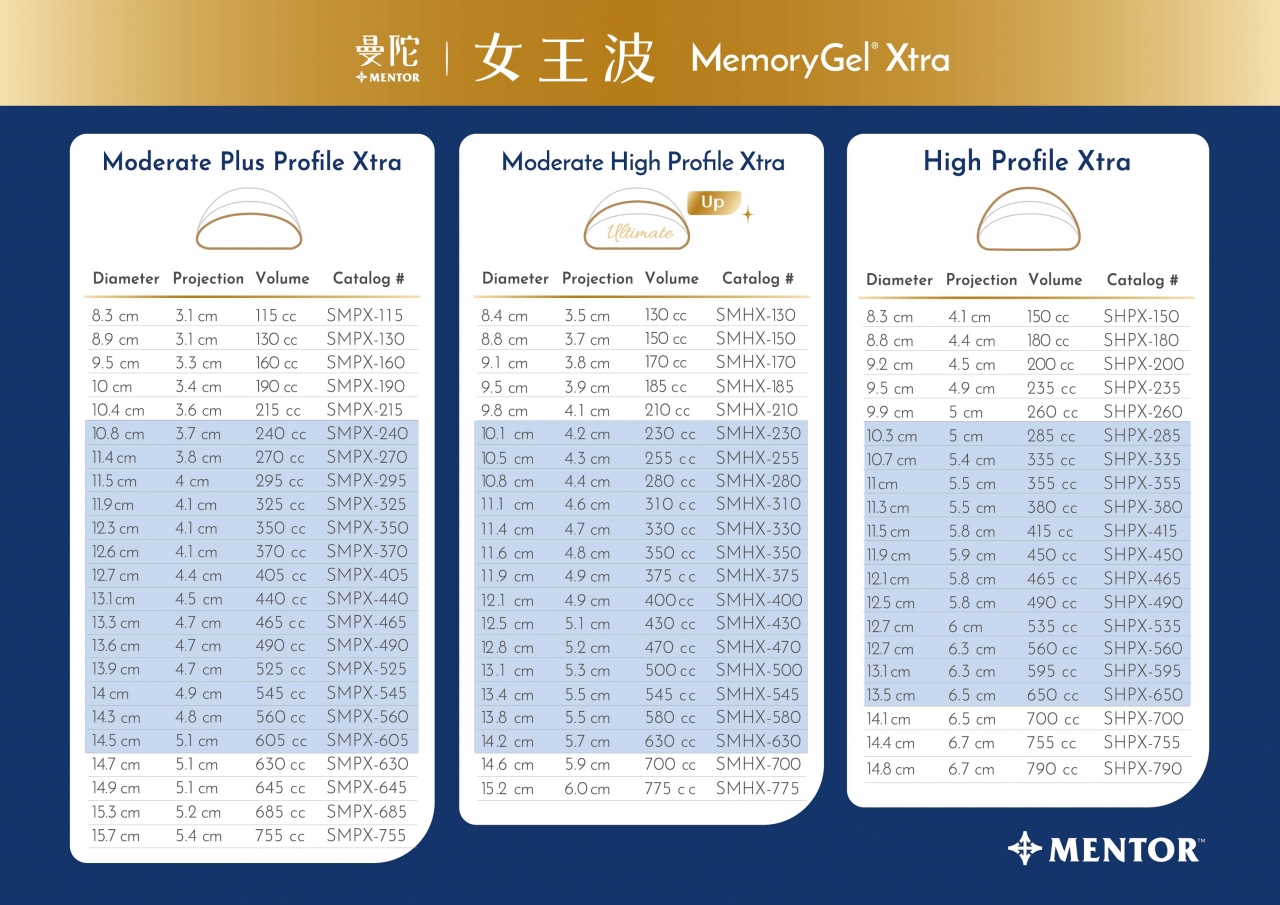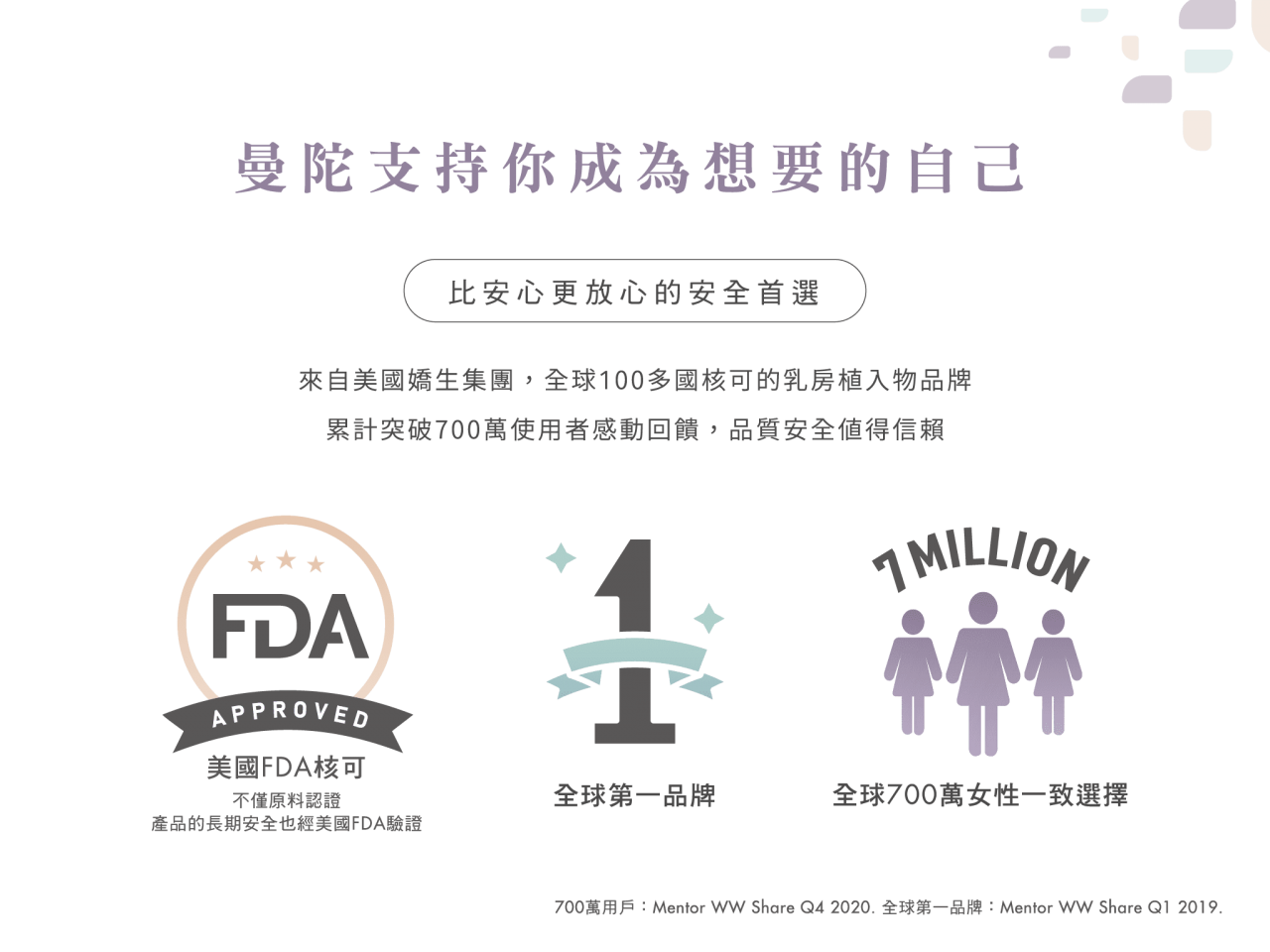
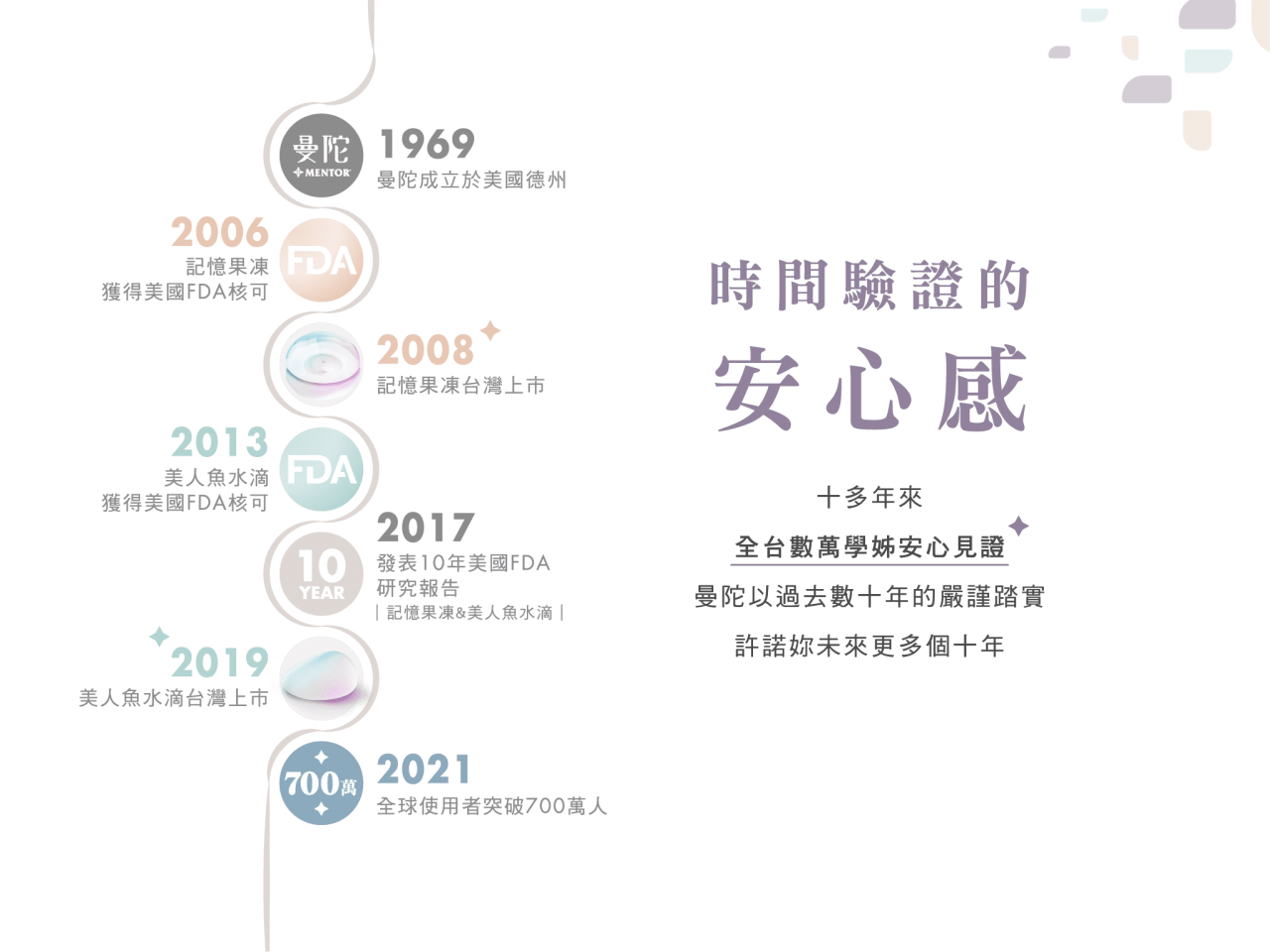

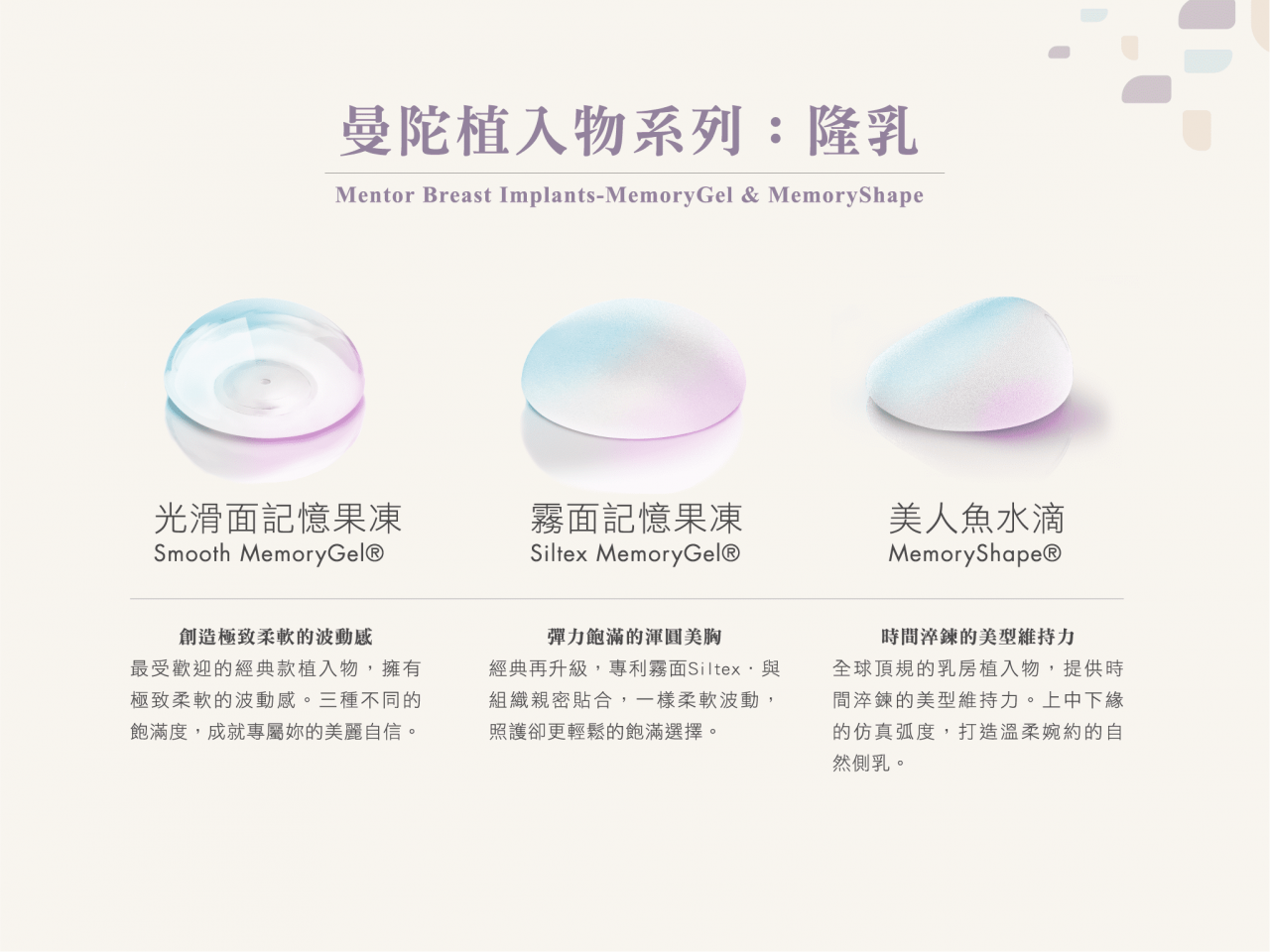
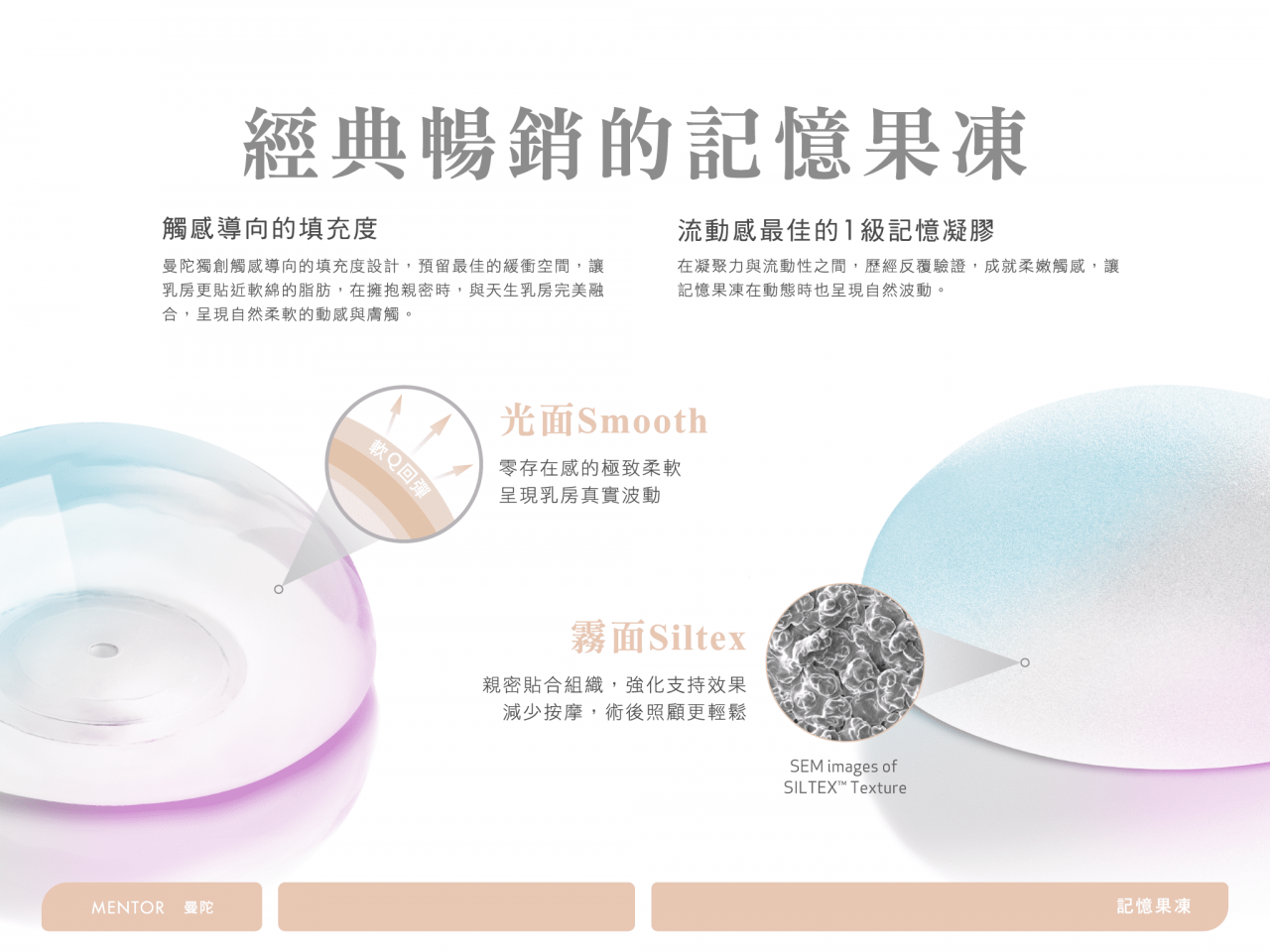
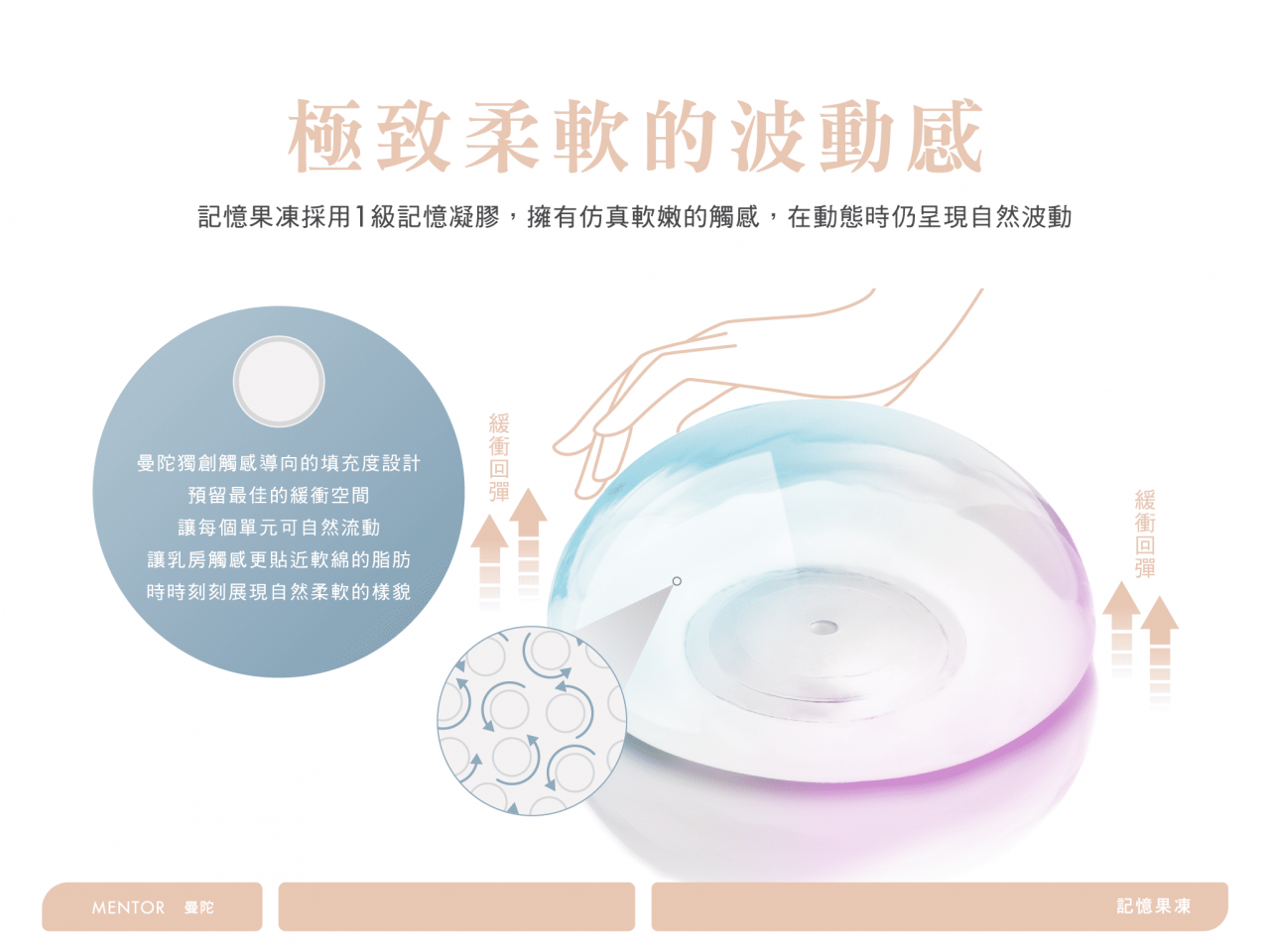
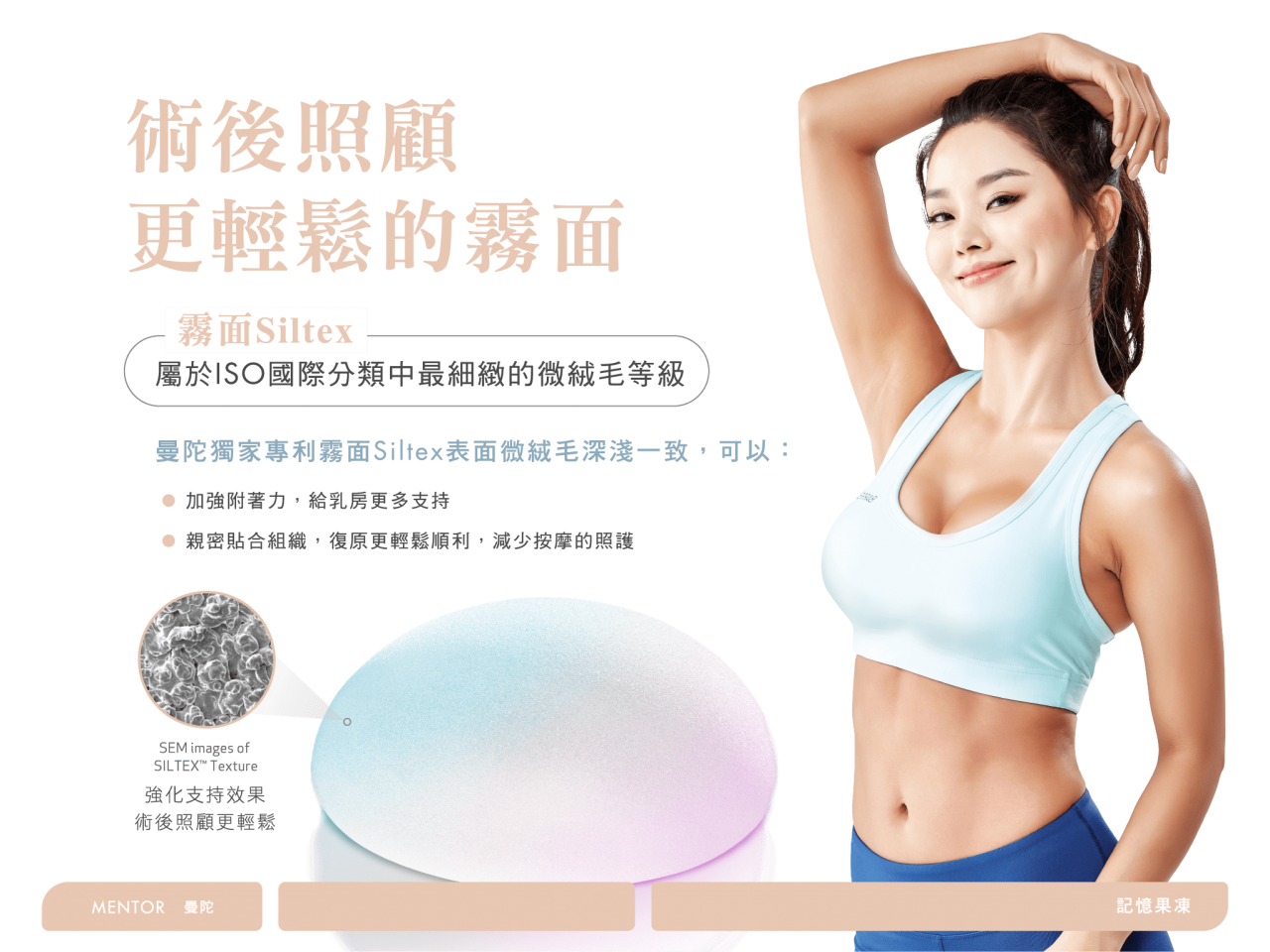
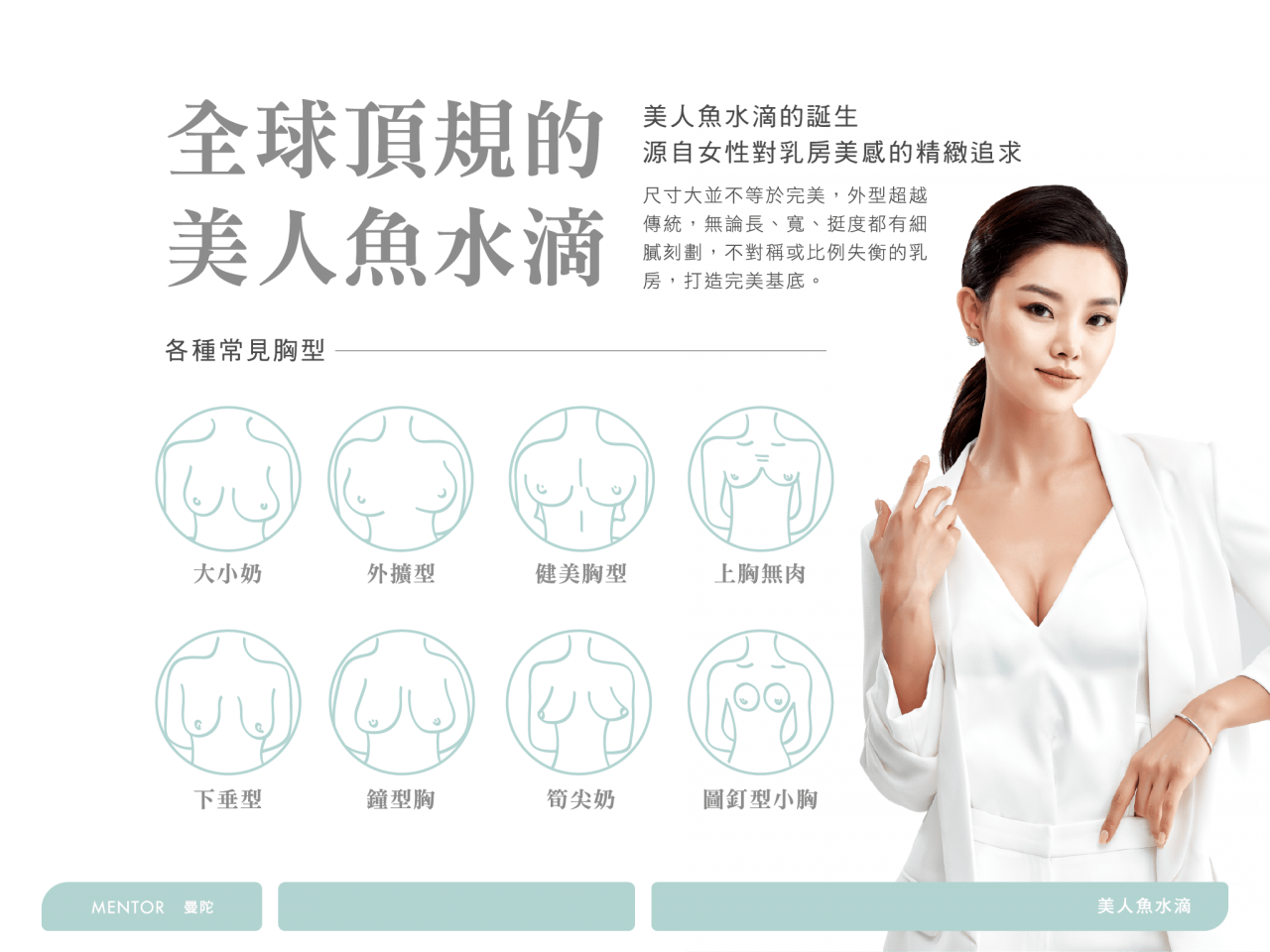
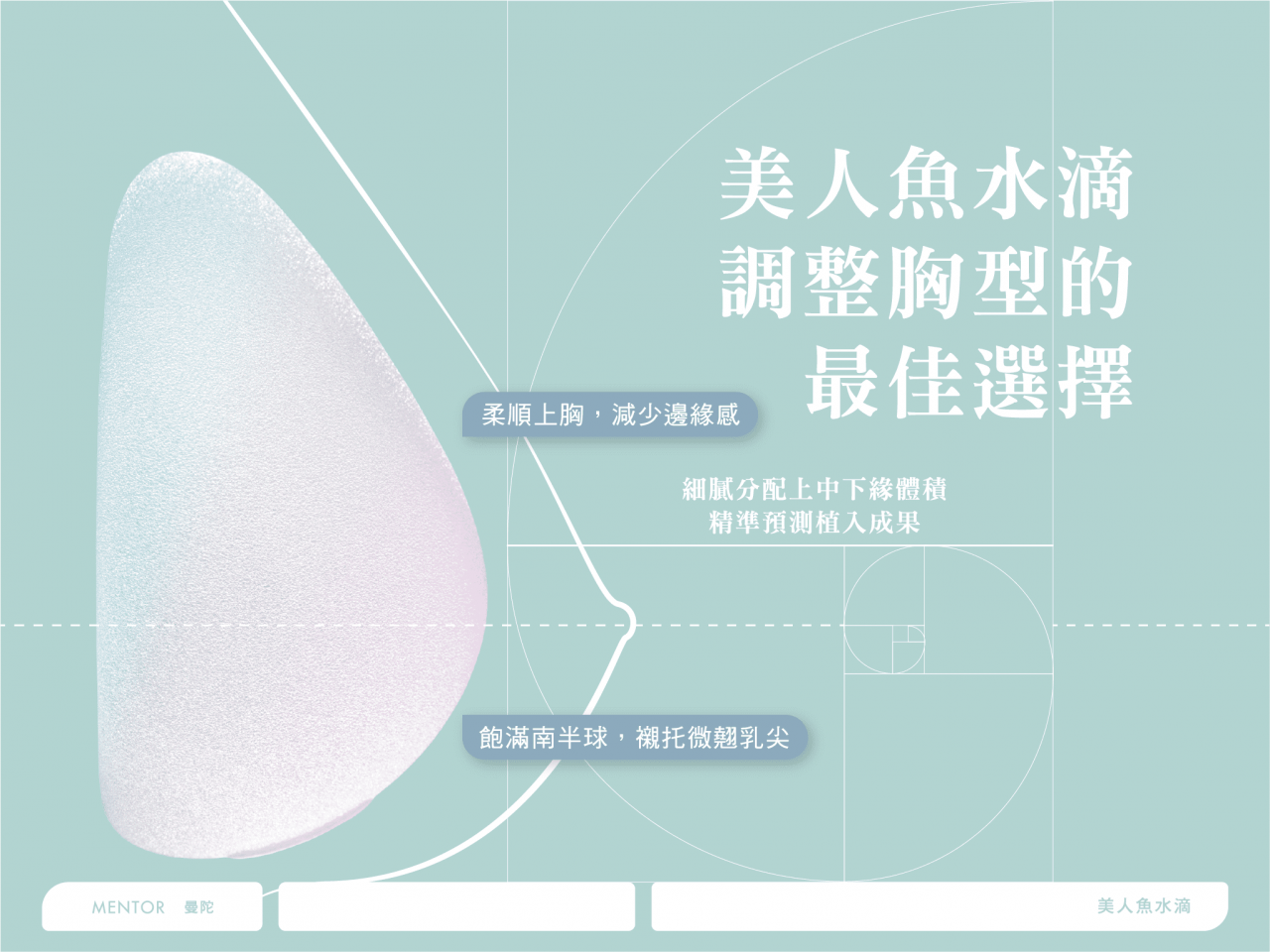
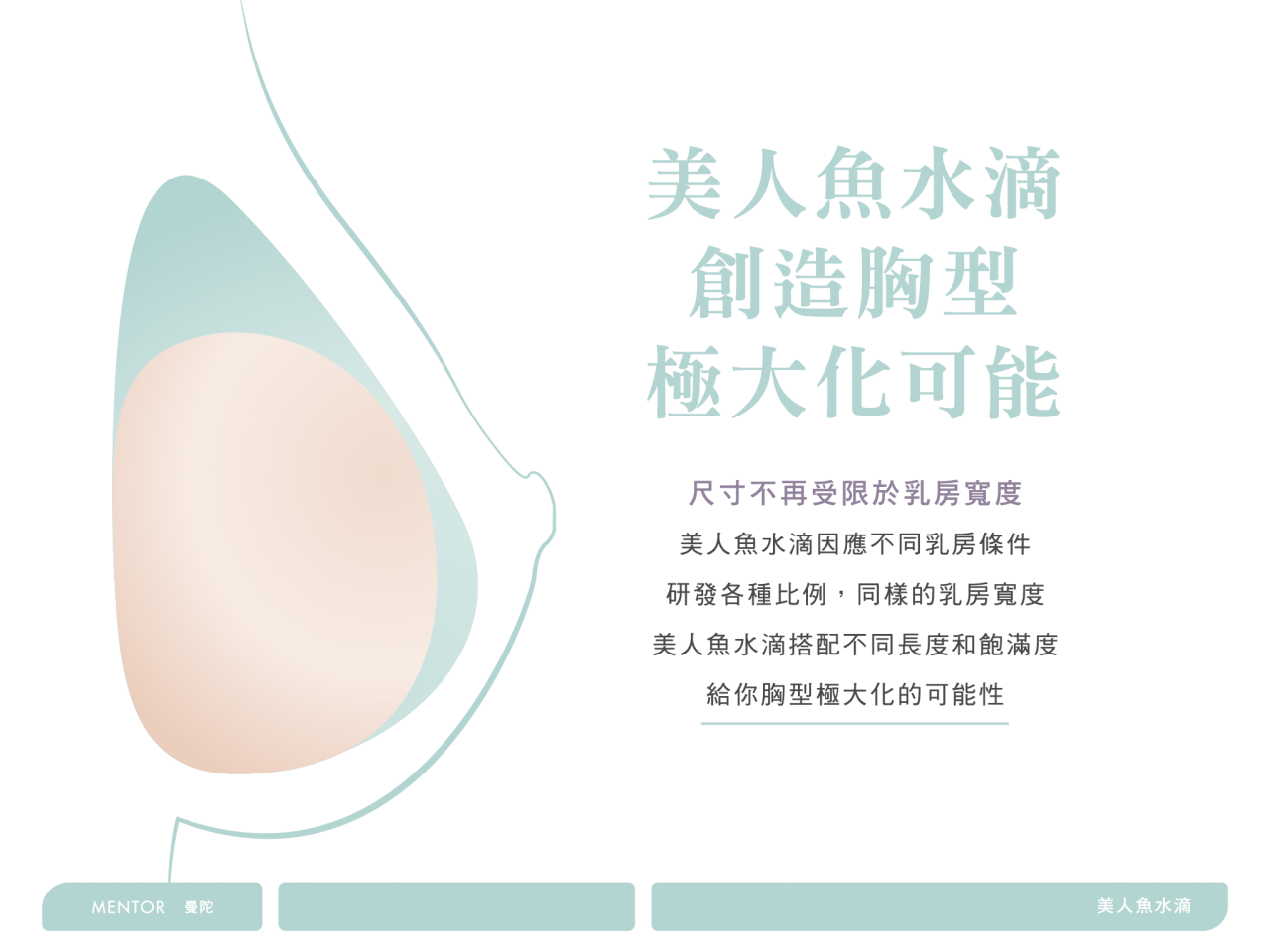
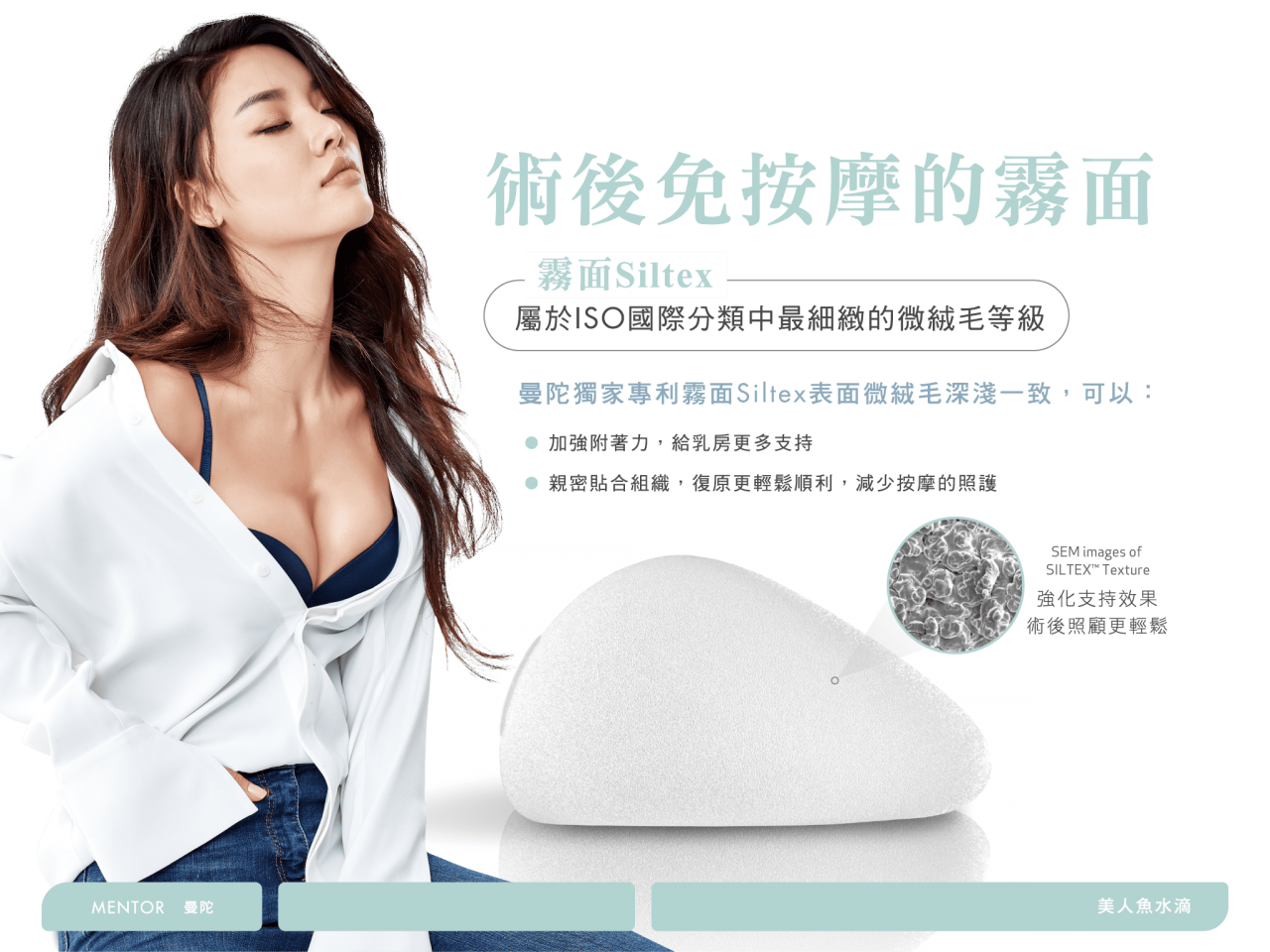
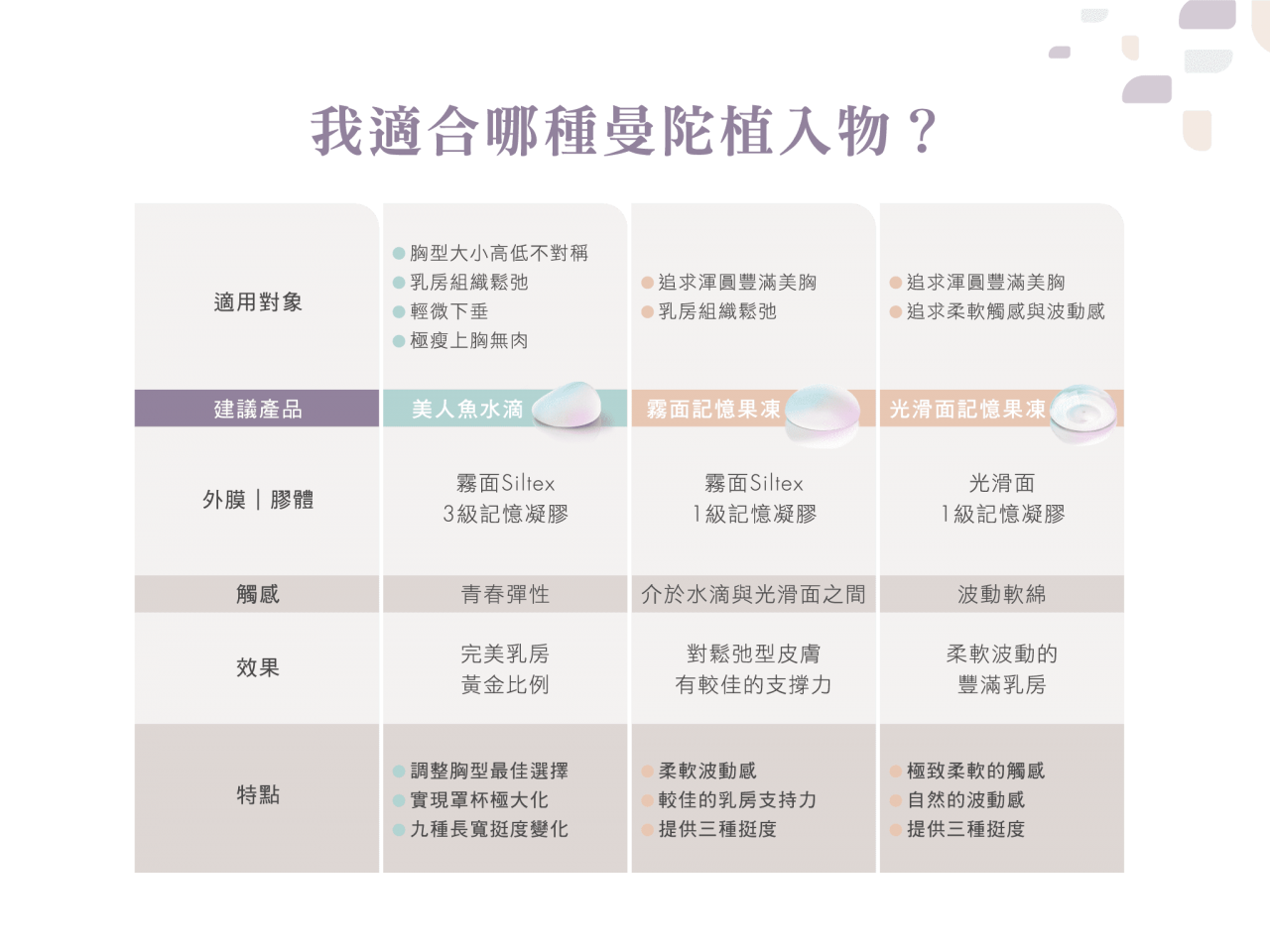
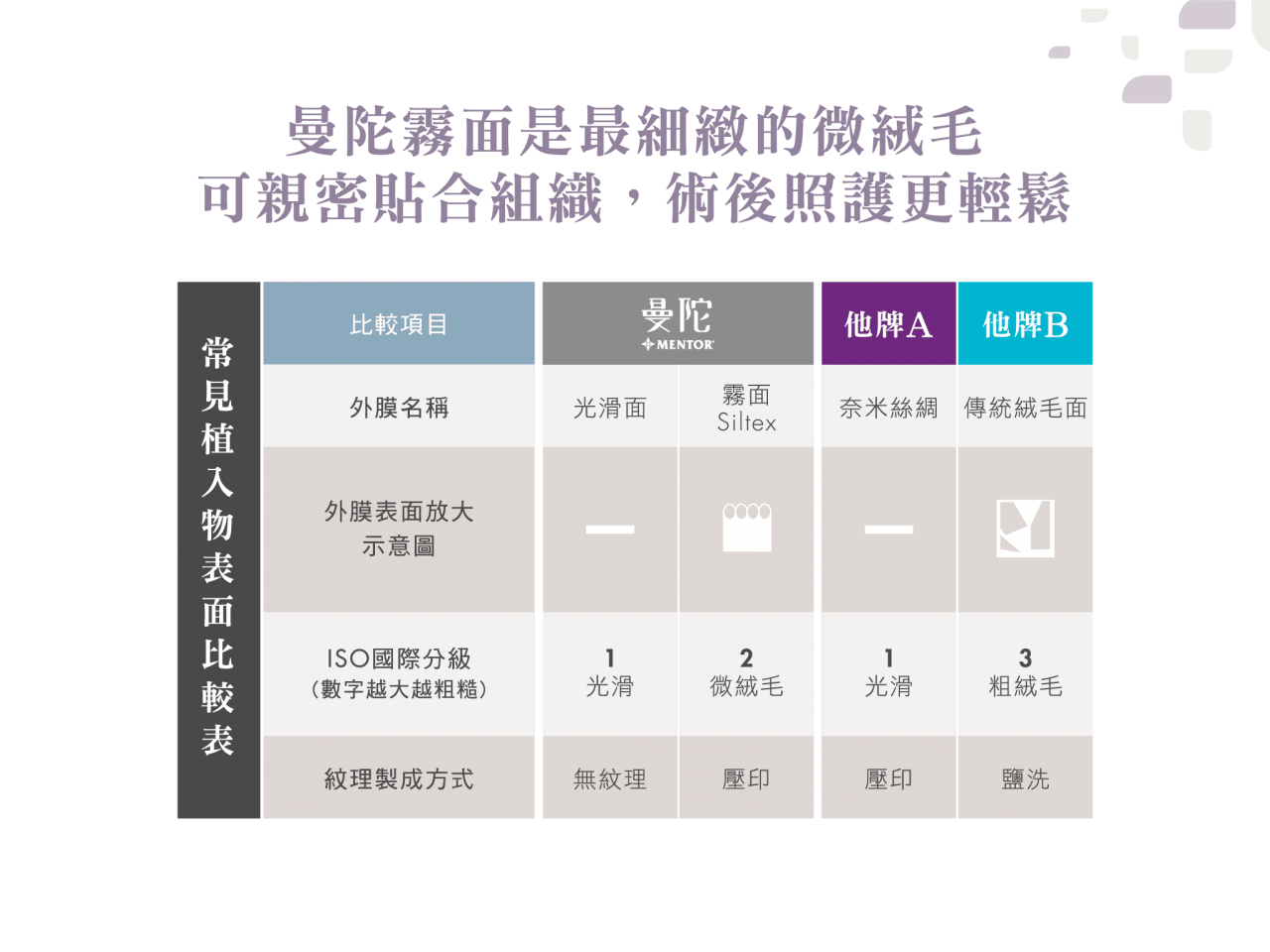
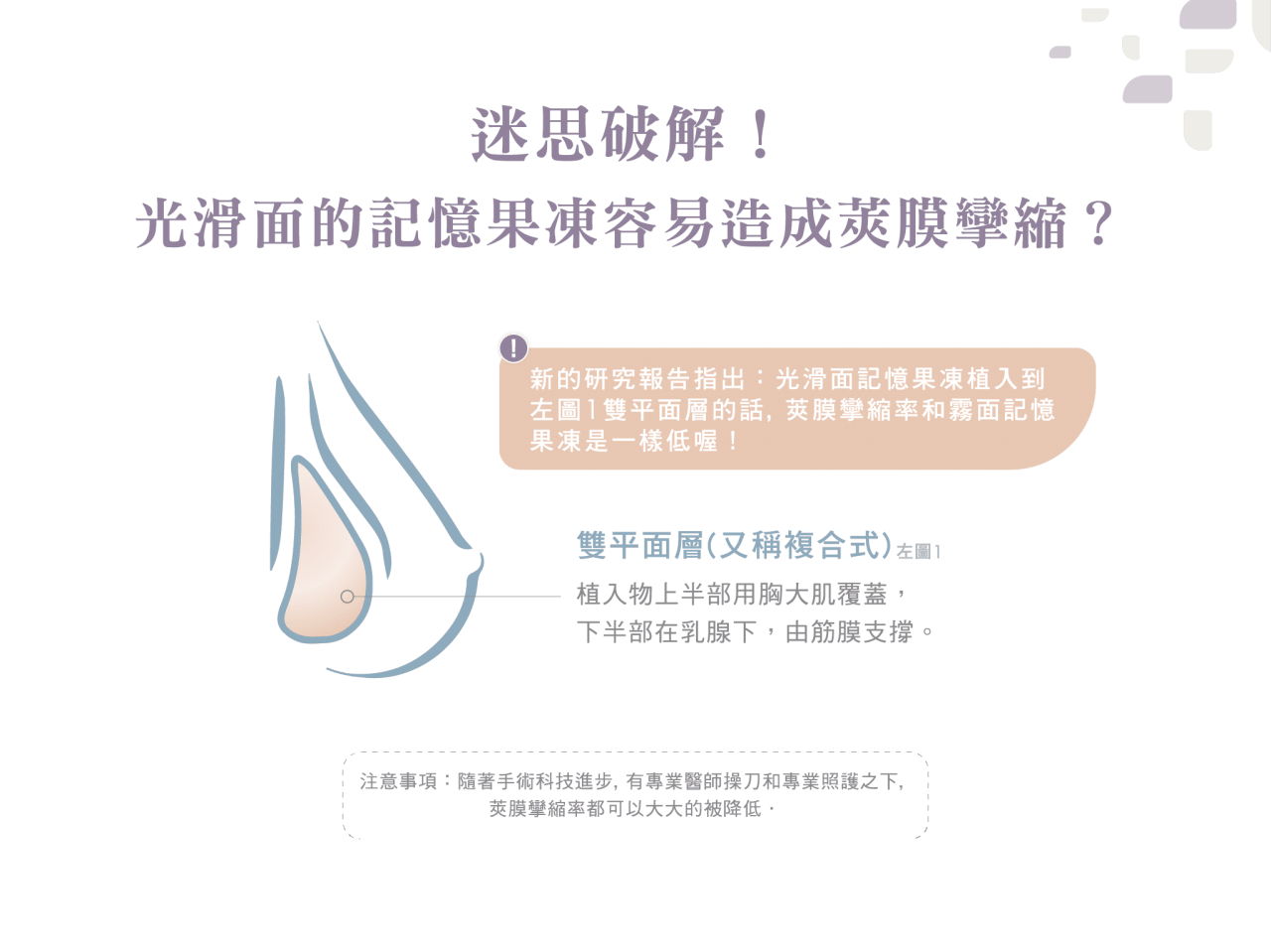
Myth busted! Is smooth memory jelly likely to cause capsular contracture?
The new research report states:
If the smooth surface memory jelly is implanted into the biplane layer as shown above, the capsular contracture rate is as low as that of the matte surface memory jelly!
Suitable for objects
Adult women who want to beautify their breast shape or have plump breasts.
Those who want to correct or improve previous breast augmentation surgery.
Those who want to increase the size of their breasts after previous breast augmentation surgery.
Those who want to undergo breast reconstruction: including those with breast dysplasia, breast tissue trauma and removal due to disease.
Contraindications
Women with breast cancer who have not had a mastectomy.
Women with advanced fibrocystic disease who have precancerous lesions and do not undergo subcutaneous mastectomy.
Women who are pregnant or breastfeeding.
Illnesses in women, including uncontrolled diabetes, are clinically known to affect wound healing.
Women whose tissue characteristics are clinically incompatible with breast augmentation surgery, such as tissue damage due to radiation, insufficient tissue, damaged blood vessels, or ulceration.
For women with any medical condition or treatment, it is up to the surgeon to determine whether there are inappropriate surgical risks (e.g., unstable cardiovascular disease, blood clotting, chronic lung problems, etc.).
Breast augmentation surgery contraindications
People with abnormal coagulation mechanism and severe scarring should inform their doctor first.
People who have had major surgery should inform their doctor.
People with cystic swelling or hypertrophic scars should inform their doctor.
Those with allergies.
Breast augmentation surgery instructions
Before treatment
Medications containing aspirin should be stopped for the first 2 weeks.
Bring your own loose, comfortable blouse or shirt at home.
Follow fasting instructions.
After treatment
Take oral or topical medications as directed by your doctor, and wear a bra as directed.
Avoid lifting heavy objects for 4 weeks after surgery.
Do not eat irritating foods (such as cigarettes, chili peppers, etc.).
Try to maintain a normal routine.
Keep the wound clean.
medical risks
Swelling, stiffness, discomfort, itching, bruising, stinging, and pain may occur for the first few weeks.
Capsular contracture may occur.
Breast implants may remain intact for decades, but problems may occur at some point. Since it is not easy to detect, it is recommended to do MRI examinations regularly.
Changes in nipple and breast sensation may occur.
Infection can occur with any surgical or implant procedure.
Calcium deposits may form in the scar tissue around the implant and cause pain and hardening.
Wounds may take longer to heal in some patients, such as smokers.
Lack of adequate tissue coverage, local trauma, or infection may result in exposure and protrusion of the implant.
Granulomas, tissue necrosis around the implant, breast tissue atrophy, and lymph node enlargement may occur.
May produce unsatisfactory results and interfere with mammography.















